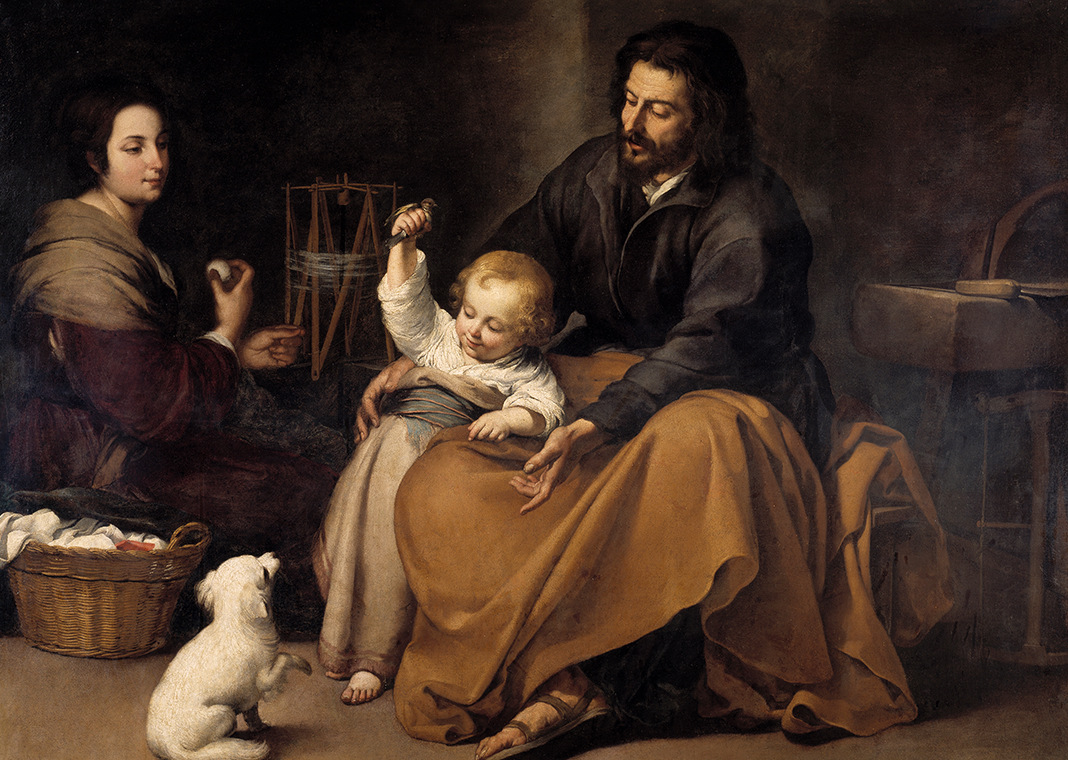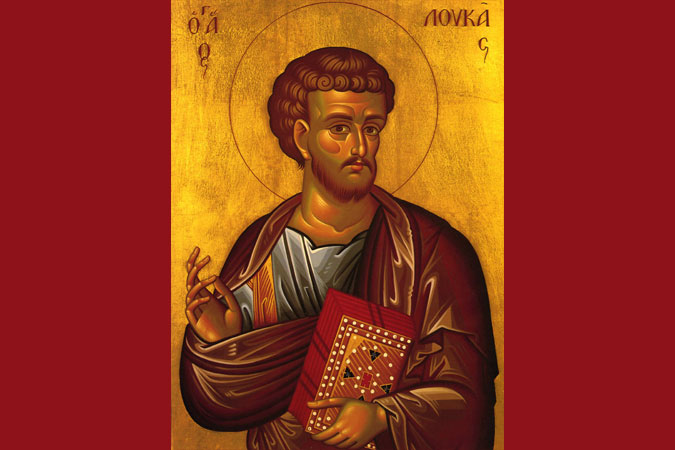
St. Francis of Assisi is often attributed as saying, “Preach the Gospel at all times. If necessary, use words.” This quote is very fitting for the life of another saint whose actions spoke louder than his words: St. Joseph, the foster-father of Jesus. In fact, St. Joseph does not say one word in the Gospels. Yet he speaks volumes. What can catechists learn from the life of this holy man?
Silence
We tend to fill up most of our class time with words. But as the story of St. Joseph shows us, we can communicate through our actions. Many mysteries of our faith cannot even be put into words. Rather they must be experienced, such as the Eucharist. Take a look at how your actions are teaching the children in your class. How do you greet and dismiss your class? How do you show each child that they are beloved children of God? How do you react to children who misbehave? Remember that when Joseph found out Mary was pregnant with a child who was clearly not his, he planned to divorce her quietly instead of publicly shaming her.
Trust
Joseph was a man who placed complete trust in what God was calling him to do. His marriage to Mary risked causing a scandal. His flight to Egypt uprooted his family from their home to live as refugees. God spoke, and Joseph acted. God has called us to be catechists, and so we place our trust in God and act. What is God calling you to do in your ministry? Is it time to trust God and step out of our traditional lessons and engage our children in prayer, service, cooperative learning, or learning centers? We may feel like others are judging us, or we may feel uprooted, but like Joseph we place our trust in God and act.
Apprenticeship
While the Gospels do not state this explicitly, there is a general belief that since Joseph worked as a craftsman, Jesus probably learned this trade from him. The General Directory of Catechesis states: “comprehensive [faith] formation includes more than instruction: it is an apprenticeship of the entire Christian life” (67). Our classes would look very different if we approached them as apprenticeships. We can model and demonstrate discipleship and allow children the opportunity to practice the skills and techniques of discipleship. Catechesis calls us to go beyond teaching doctrine and terminology. Catechists have to demonstrate how fully to embrace a Catholic life.
When preparing your next lesson, think about how you will preach the Gospel through your actions and not only with your words. Think of ways to demonstrate the lesson to the students so that they learn through your witness. Pray for the intercession of St. Joseph, and trust in God’s guidance to step outside of your comfort zone and take a risk.
Image: “The Holy Family with a Bird” by Bartolomé Esteban Murillo, public domain via Wikimedia Commons.





The three lessons catechists can learn from St.Joseph is an eye-opener for me. These lessons surely will be a part of my faith journey.
Thank you for sharing your faith reflection. St. Joseph pray for us… F